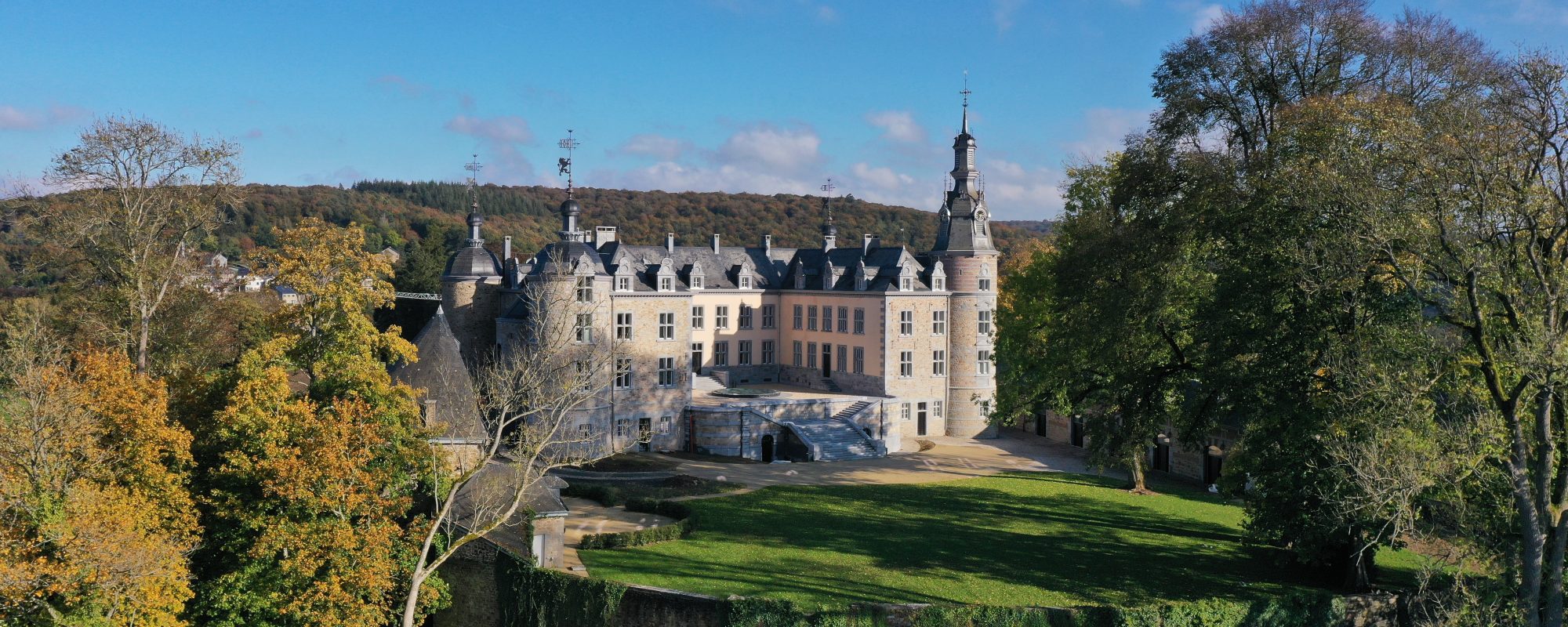
Our villages vary between rural heritage, classified monuments and remarkable sites. Whether castles, farms, churches or abbeys, traditional buildings, rural or natural heritage, discover the must-see Most Beautiful Villages of Wallonia!
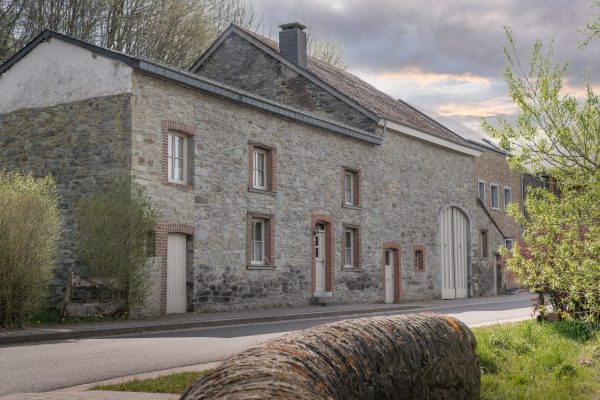
With its elongated layout parallel to the road, it seems to guard the access to the old shale bridge.
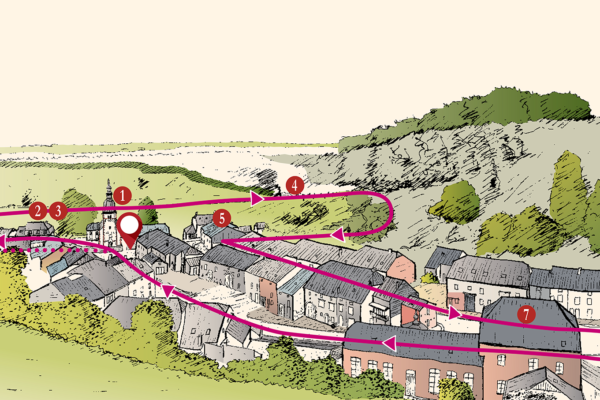
Immerse yourself in the heritage of Chassepierere with the discovery tour FR - NL - EN
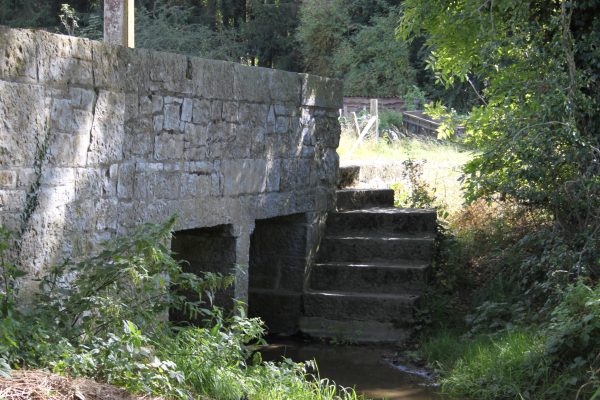
Reminiscent of the time of the washerwomen along the Chardeneux stream.

A Cistercian abbey whose origins date back to 1216 - Exceptional heritage of Wallonia (Outside the village).
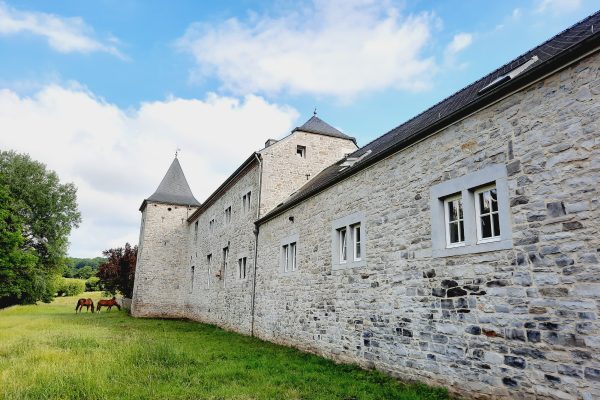
From the 1289 tower to a powerful 17th and 18th century limestone complex.
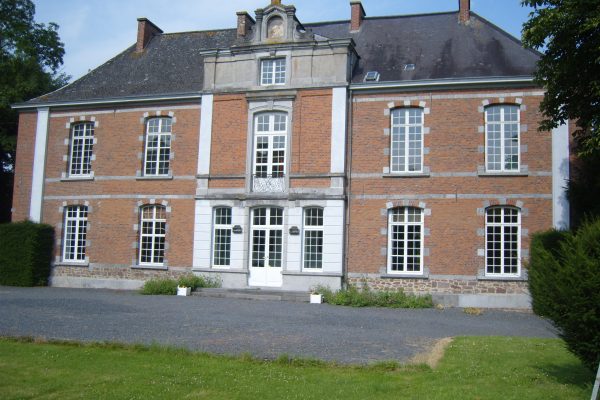
A castle developed from a late 17th century building and planted in an enclosed garden.
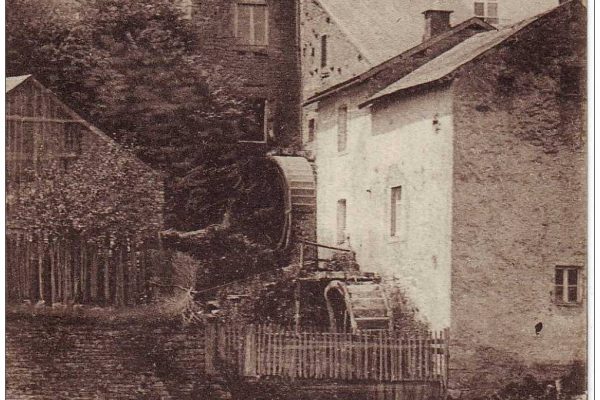
An old mill and ancient galleries dug into the limestone rock as a place of residence for magical beings...
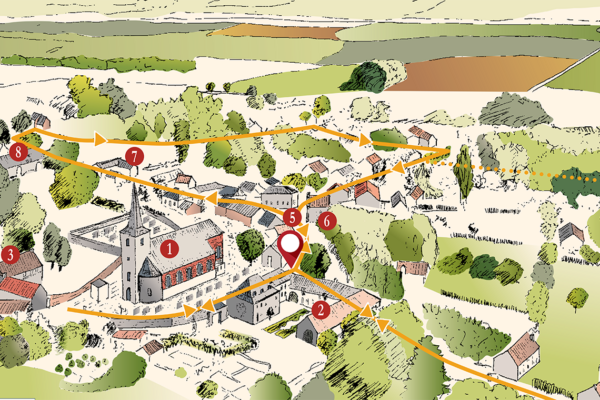
Plongez dans le patrimoine de Mélin grâce au circuit découverte FR - NL - EN
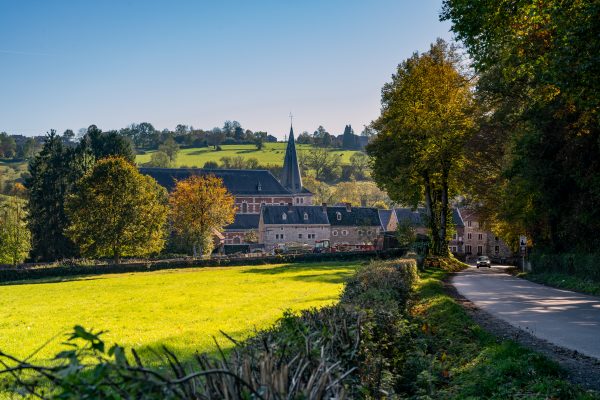
Like a tower moored to a large vessel, the imposing silhouette of the Saint-Roch church stands out in the Soiron landscape.

A reminder of times gone by, the extraction of limestone and then red marble marked a prosperous period for the locality.
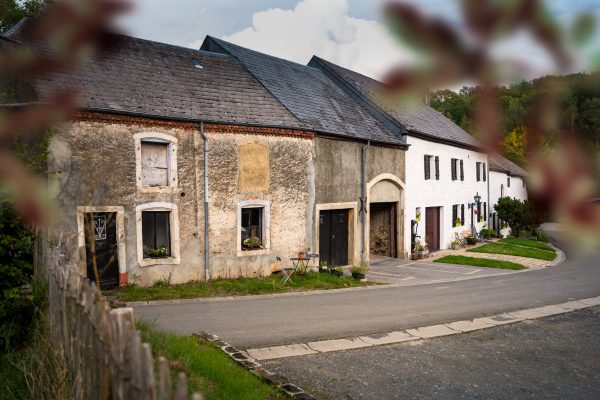
Characteristic of Lorraine's villages, the usoirs give the village typology a very special character.
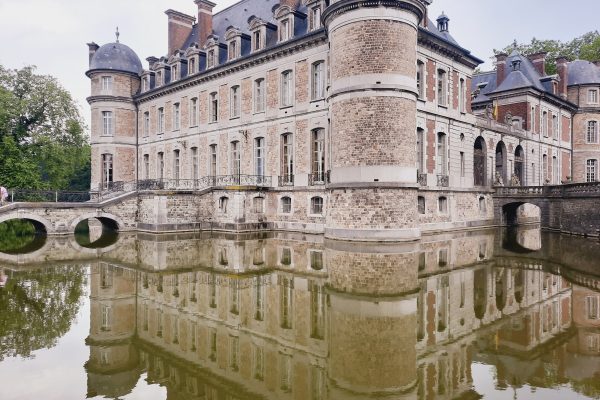
From the medieval fortress to the pleasure castle - Exceptional heritage of Wallonia (Outside the village - 3 km).
The association Les Plus Beaux Villages de Wallonie (The Most Beautiful Villages of Wallonia) oversees a network of 32 villages, bearers of a strong territorial identity and reflecting traditional architecture. It is committed to promoting the rural, cultural and natural heritage of Wallonia and is a part of the development of local and responsible tourism.
More information